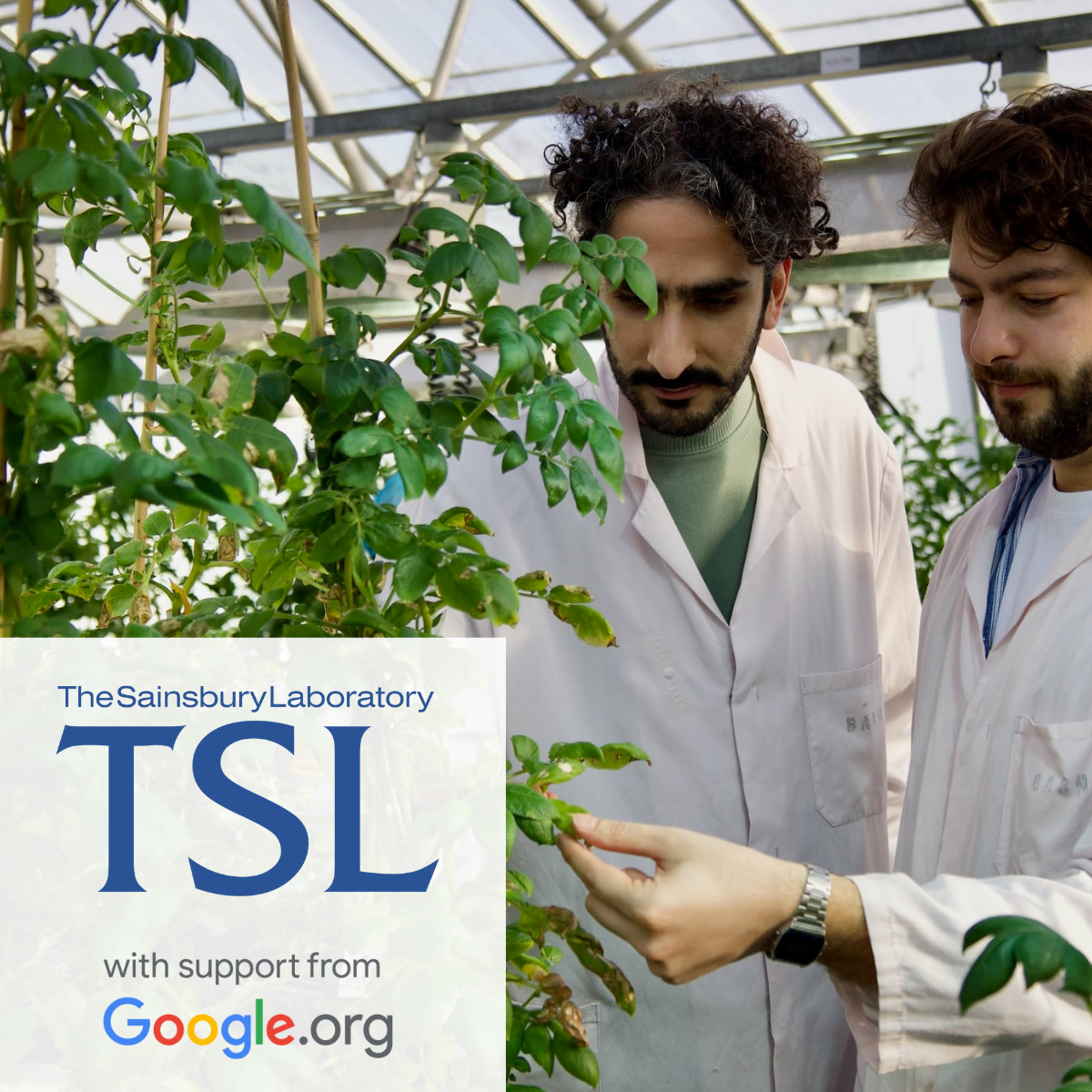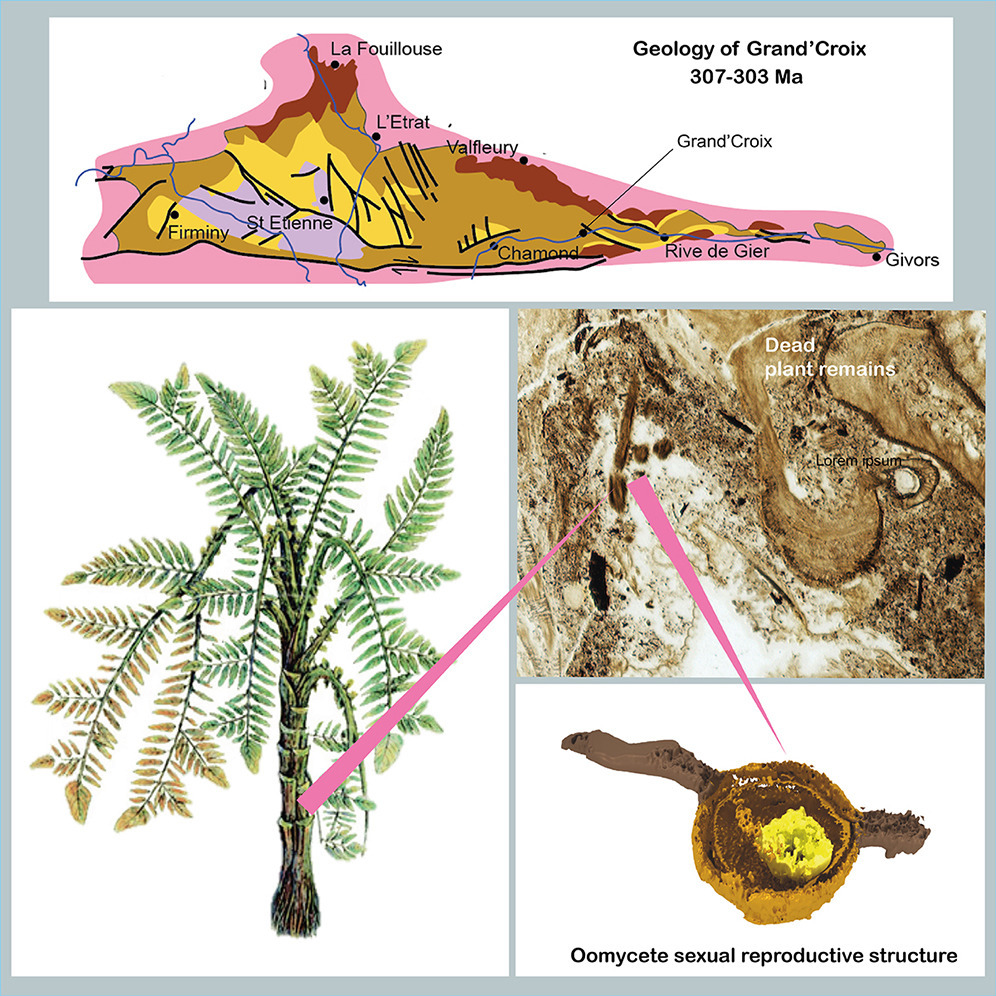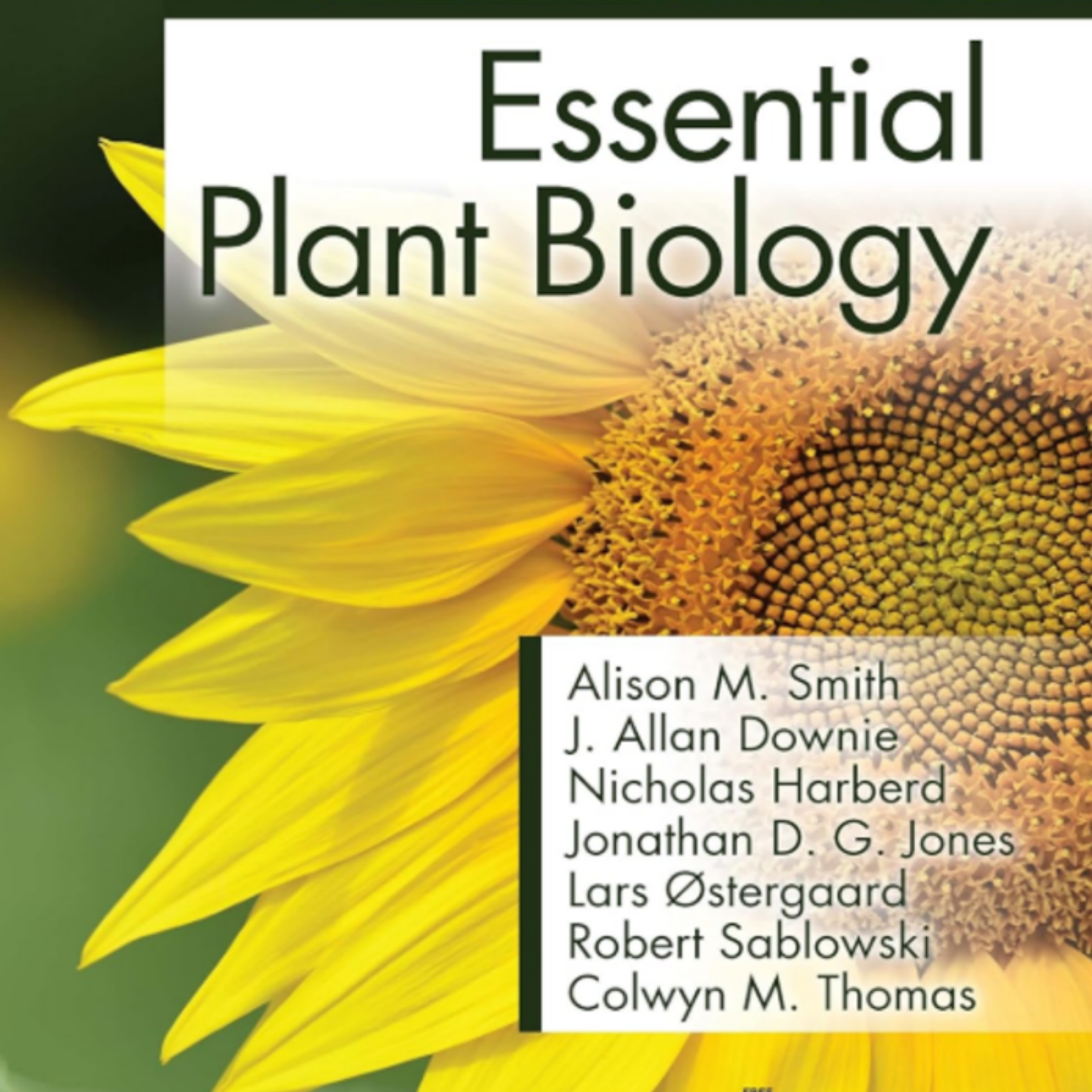Investing in the next generation of plant health researchers: Director of Postgraduate Research and Training appointed
We are pleased to announce that Professor Stephen Bornemann will join The Sainsbury Laboratory as Director of Postgraduate Research and Training in April 2020. He will have a wide responsibility, managing the portfolio of postgraduate training at TSL, from Pre-Doctoral and PhD programme through to Early Career Researcher development.
As part of this new role, Prof. Bornemann will lead the development of an exciting and innovative new MSc Degree programme in Global Plant Health to be launched in 2020, with recruitment of its first intake in 2021. The degree programme will be in association with The University of East Anglia. This highly distinctive Masters programme will cover contemporary challenges in plant pathology, including the threat of emerging diseases, new strategies for durable disease control and the multi-disciplinary approach needed to contend with new crop diseases, building on a cutting edge knowledge of plant immunity and microbial pathogenesis. This course will be supported by the David Sainsbury International MSc Studentship programme to select the very best MSc candidates from the developing world.
Professor Nick Talbot FRS, Executive Director of TSL said “We are excited to be hiring Prof. Bornemann to this exciting new role in TSL. He brings a wealth of experience in postgraduate research training, an innovative approach to education and learning, as well as a very strong commitment to student development and wellbeing. We are all looking forward to working with Steph in future, as he leads these exciting new ventures for TSL”
Professor Stephen Bornemann said, “This is an exciting time to join TSL as it launches its innovative and integrated approach to developing postgraduates and early career researchers to tackle global challenges in plant health. I’m looking forward to working with Professor Talbot and his TSL colleagues to bring out the best in the people who will not only make the next discoveries, but will also make a difference to farmers and consumers around the world”
TSL will also launch a massive online open course in Global Challenges in Plant Pathology, to introduce young scientists from across the world in molecular plant-microbe interactions and the molecular basis of plant immunity and microbial pathogenesis. This is part of TSL’s commitment to reach the global community engaged in the control of plant diseases.
The launch of these new activities at TSL comes in the International Year of Plant Health 2020. The year of activities, sponsored by the United Nations, is designed to raise global awareness on how protecting plant health can help end hunger, reduce poverty, protect the environment, and boost economic development. TSL is committed to these aims by carrying out cutting edge research in plant immunity and training the next generation of plant health researchers.


